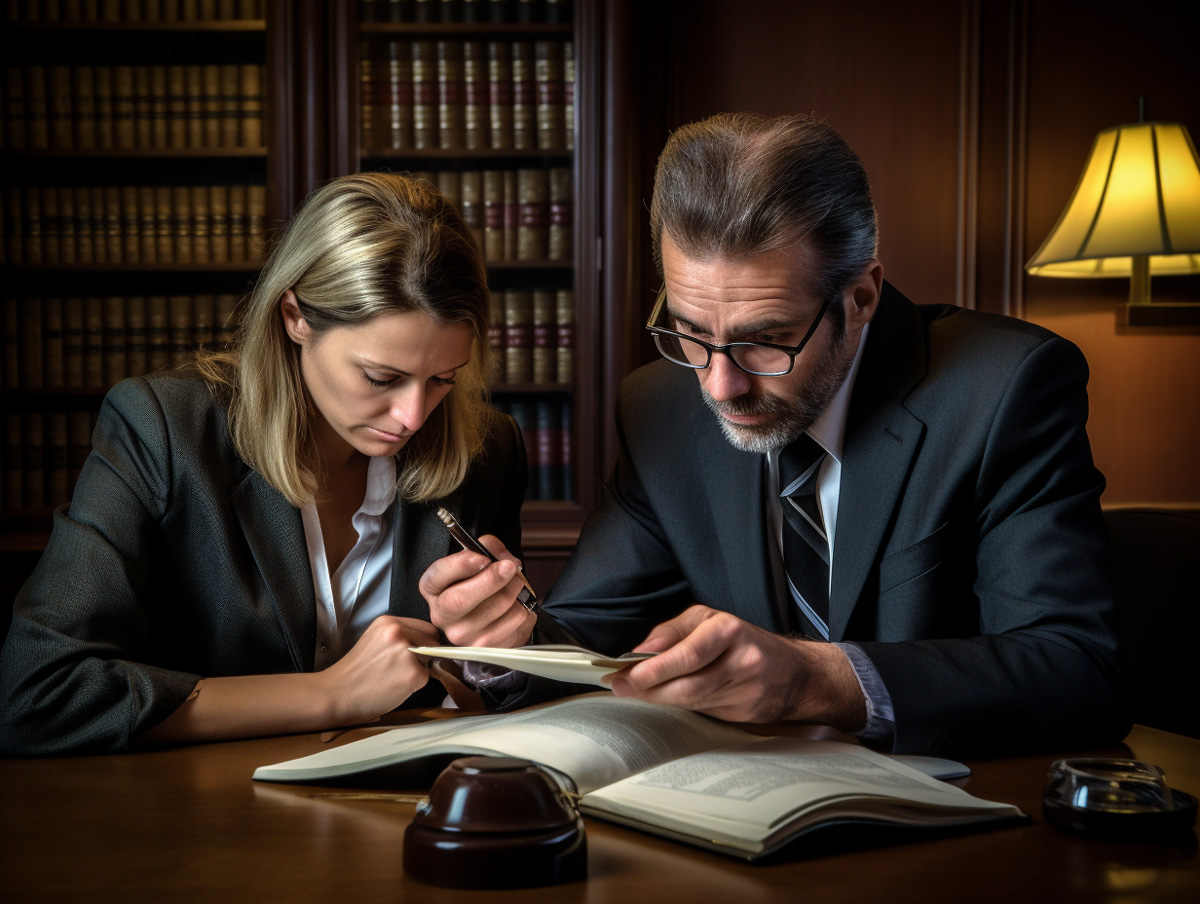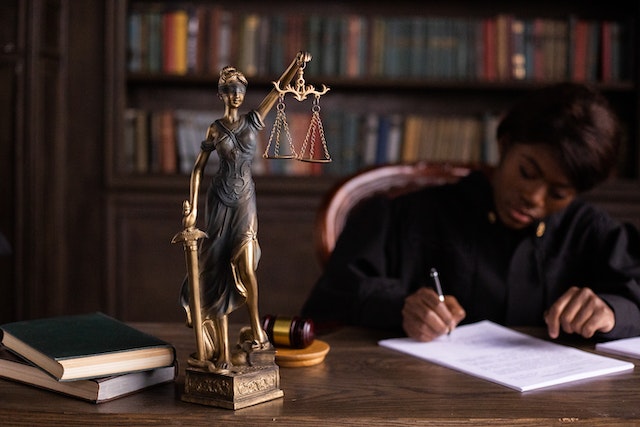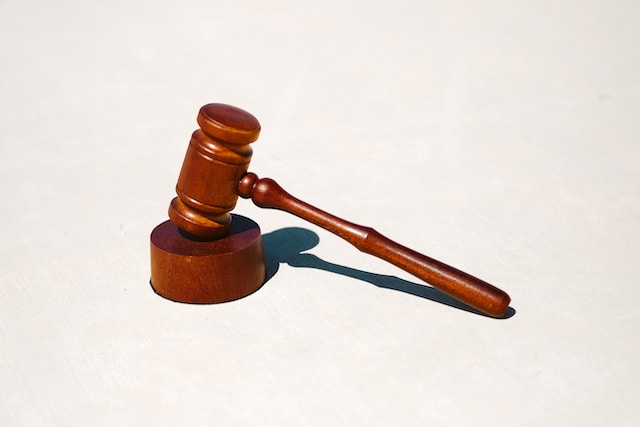A deposition is a statement or testimony given by a witness in a civil or criminal lawsuit. It is also an opportunity to obtain a statement from a witness prior to trial.
Depositions are written or given verbally. A lawyer must have the consent of the defendant, asking them a series of questions. Before a written statement is given, the witness must be sworn in under oath.
In the case where a corporation is the defendant, the government requires an individual (or individuals) to act as a representative for the company to testify on its behalf. The law pertaining to cases such as these can be found in the Federal Rule of Civil Procedure 30(b)(6).
Deposition Questions
Deposition questions give lawyers the opportunity to learn what a witness knows about the case and will eventually be used as supporting documentation for the case.
These questions typically fall under three categories; introductory, basic background, and deposition preparation.
Introductory questions
A lawyer asks introductory questions to gather general information about the plaintiff and defendant.
Some of the introductory questions a lawyer asks the plaintiff and defendant are; “Do you understand that you were sworn under oath?”, “Are you prepared to answer all the questions truthfully?”, and “Have you ever given a deposition before, prior to the one I’m giving you now?”
Basic background questions
Basic background questions are used to gather basic information about the plaintiff or defendant, such as geographical, material, educational, and legal history (or criminal record).
Deposition preparation questions
Deposition preparation questions gain insight into a case and the details of the case. For example, “What steps did you take to prepare for this deposition?” and “Have you spoken to anyone other than your lawyer about the details of this case, if so, who?”.
What is a Deposition Summary?
A deposition summary in law is self-explanatory, as it is a summary or the “cliff notes” of a deposition. It is a detailed description of the transcript of the testimony given by the witness.
A deposition summary is outlined as follows;
The first section is the introduction and provides a summary of the basic background questions asked by a lawyer. For example, the plaintiff is 45 years old, was born in Manhattan Beach, CA, and is represented by counsel.
The second section includes the account of the plaintiff from their perspective. For example, in this section, a gentleman (the plaintiff) gives details about his place of employment, his position, and the exact nature of his responsibilities.
The defendant may also state how many years he’s worked for the owner (the defendant) and his history with the company.
The next section may include additional information about the plaintiff, such as information or details that pertain to the case and the events leading up to the case.
The next section includes exhibits or a summary of the evidence that supports the information given by the plaintiff. For example, records showing employment, sales records, or documentation supporting the type of work he did.
Example of a Deposition
A deposition differs from case to case, depending on the severity of the case and whether it’s classified as a criminal or civil matter.
In a case where one individual caused another individual harm in a motor vehicle accident, the plaintiff and defendant make testimony about the event.
Basic background information about the victim is provided, along with details about how the accident happened. The deposition will summarize weather, road, and traffic conditions.
It will also summarize the defendant's answers to any questions a lawyer asks about the event. For example, “How fast were you going at the time of the incident?”, “How fast was the other person going?”, “Where were you coming from?”, “Where were you going?”, “What were you doing in your car prior to the incident? Were you on your cellphone or distracted in any way?”, and “How far away was the other vehicle when you first saw it?”.
In a civil case where one individual sues another to gain compensation, a defendant may explain why they didn’t pay a company for their services. For example, the plaintiff, a cleaning company, is seeking payment for services rendered.
The plaintiff will give an account of what happened; they cleaned the defendant’s home for X amount of hours at a specific rate and the homeowner refused to pay for the cleaning services because the defendant claims the service was inadequate. The plaintiff might state that they’ve been cleaning for the defendant for years and payment for previous services was received.
The plaintiff will provide the courts with evidence that supports their claim. For example, a work log determining the dates and exact hours spent cleaning, a record of their mileage, and a signed service agreement or contract between both parties. The plaintiff may also state that they caused no harm or damages.
Frequently Asked Questions:
A deposition is a sworn testimony taken outside the courtroom, usually during the discovery phase of a lawsuit, where a witness provides answers to questions from attorneys under oath.
Any party involved in the lawsuit and any non-party with information relevant to the case can be deposed. This includes plaintiffs, defendants, and third-party witnesses.
Depositions are not typically public records and are generally kept private unless they are used in a court case and become part of the court record.







